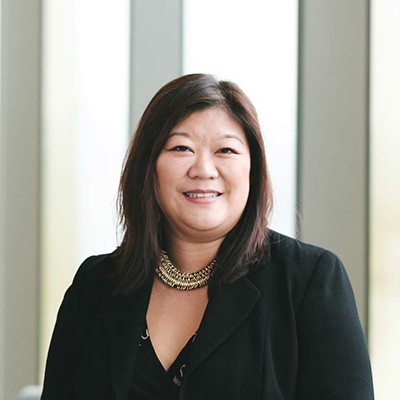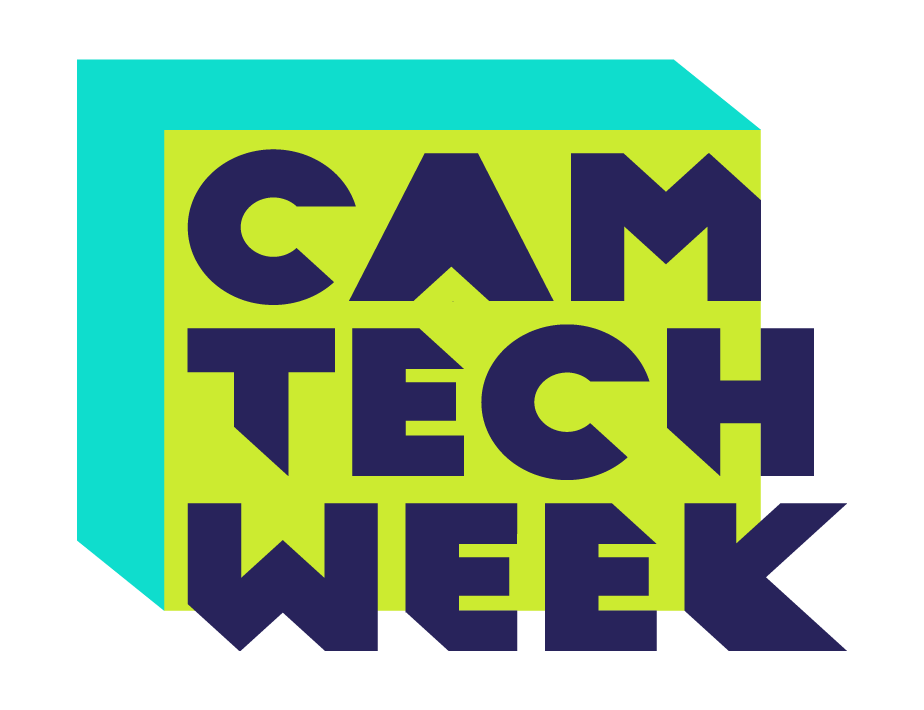Seizing the AI Advantage: Cambridge's path to innovation and the future of creativity
Will it undermine human creativity and devalue the essence of artistic expression, or will it serve as a catalyst for new forms of innovation?
This will be the motion at the Mills & Reeve sponsored The Big Tech Debate on Thursday 18 September: "This house proposes that the integration of AI in the creative industry will ultimately undermine human creativity and devalue the essence of artistic expression”.
Cambridge: A hub of AI innovation
Cambridge has long been a beacon of innovation, attracting some of the brightest minds from around the globe. The city's prestigious universities and research institutions have fostered an environment where groundbreaking ideas can flourish. This intellectual capital, combined with a robust venture capital ecosystem, has made Cambridge a hotbed for AI start-ups and research initiatives.
The University of Cambridge, in particular, has been at the forefront of AI research. Its Computer Laboratory and the Cambridge Centre for AI in Medicine are just two institutions pushing the boundaries of what AI can achieve. These centres are not only advancing the technical aspects of AI but are also exploring its ethical implications, ensuring that the technology is developed responsibly.
Cambridge's proximity to London provides access to a vast network of investors, industry leaders and policy makers. This allows for seamless collaboration and knowledge exchange, further strengthening Cambridge's position as a leader in AI innovation.
The role of venture capital in AI development
Venture capital plays a crucial role in the development and scaling of AI technologies. Cambridge's vibrant venture capital community has been instrumental in providing the necessary funding and support for AI start-ups. Firms such as Amadeus Capital Partners, IQ Capital and Cambridge Innovation Capital to name a few have been at the forefront of investing in AI-driven companies, helping them navigate the complex landscape of technological development and commercialisation.
These investments also bring valuable expertise and mentorship to the table. Venture capitalists often work closely with start-ups, providing guidance on everything from product development to market strategy. This hands-on approach ensures that AI innovations are not only cutting-edge but also commercially viable.
AI in the creative industry: A double-edged sword
As AI continues to evolve, its impact on the creative industry has become a topic of intense debate. It has the potential to revolutionise the way we create and consume art: from generating music and visual art to writing poetry and screenplays, AI can augment human creativity in ways previously unimaginable.

Algorithms can analyse vast amounts of data to identify patterns and trends, providing artists with new insights and inspiration. This can lead to the creation of entirely new genres and styles, pushing the boundaries of artistic expression. AI can also automate repetitive tasks, allowing artists to focus on the more creative aspects of their work.
However, there are also concerns that AI could undermine human creativity and devalue the essence of artistic expression. Critics argue that AI-generated art lacks the emotional depth and authenticity that comes from human experience. There is a fear that as AI becomes more sophisticated, it could replace human artists altogether, leading to a homogenisation of art and a loss of diversity in creative expression.
Balancing innovation and authenticity
The key to addressing these concerns lies in finding a balance between innovation and authenticity. AI should be seen as a tool that can enhance human creativity, rather than replace it. By leveraging AI to handle the more mundane aspects of the creative process, artists can focus on what they do best creating meaningful and impactful art.
It is essential to ensure that AI is developed and used responsibly. This means addressing ethical considerations, including the potential for bias in algorithms and the impact on employment in the creative industry. By fostering a culture of responsible innovation, Cambridge can lead the way in demonstrating how AI can be integrated without compromising the essence of artistic expression.
Cambridge's path forward
Cambridge is uniquely positioned to seize the AI advantage, thanks to its rich history of innovation, world-class research institutions and vibrant venture capital ecosystem. By embracing AI and addressing its ethical implications, the city can lead the way in shaping the future of technology and creativity.
As we move forward, it is crucial to remember that AI is a tool, not a replacement for human creativity. By finding the right balance between innovation and authenticity, we can ensure that AI serves as a catalyst for new forms of artistic expression, rather than undermining the essence of what makes art truly valuable.
Cambridge has the potential to become a global leader in AI innovation, while also preserving the integrity of human creativity. By fostering a culture of responsible innovation and collaboration, we can harness the power of AI to create a brighter, more creative future.
Zickie Lim is a Corporate Partner and heads up the Venture Capital and Investments team at Mills & Reeve
